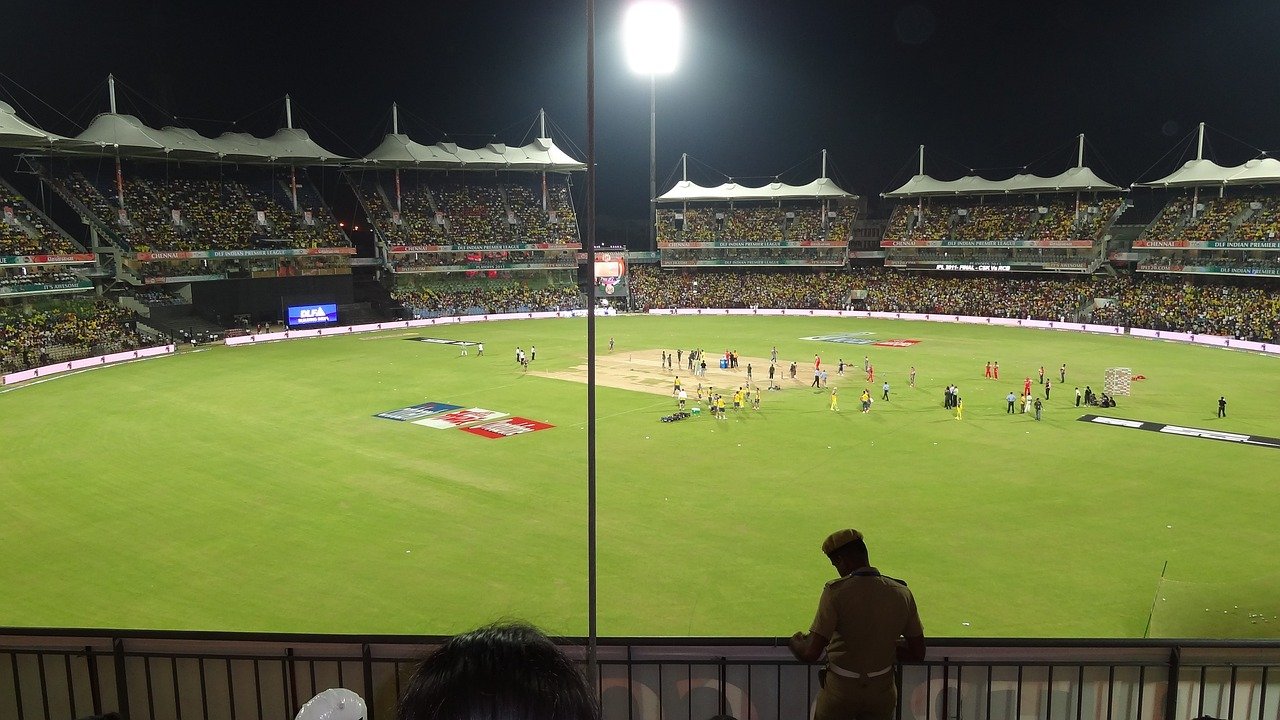The International Cricket Council (ICC) has implemented the stop clock rule as a permanent fixture in One-Day Internationals (ODIs) and Twenty20 Internationals (T20Is) starting from June 1, 2024. This decision comes after a successful trial period that began in December 2023.
Aiming for Faster Cricket
The primary objective behind the stop clock rule is to expedite the pace of play in limited-overs cricket. Matches have been criticized for becoming increasingly lengthy in recent years, impacting fan engagement and broadcasters’ schedules. The ICC hopes this rule will make white-ball cricket more dynamic and appealing to a wider audience.
How Does the Time-Saving Rule Work?
- The fielding side has 60 seconds to bowl the first ball of their next over after the preceding over is completed.
- An electronic clock visible on the ground displays the countdown.
- The third umpire holds the authority to initiate the clock’s start.
- There are exceptions, though. The clock can be paused in scenarios like:
- A new batsman entering the crease.
- During designated drinks breaks.
- On-field medical attention for a player (batter or fielder) authorized by the umpires.
- Unforeseen circumstances beyond the fielding team’s control (e.g., equipment malfunction).
- If the fielding team fails to be ready within the 60-second window, they receive two warnings.
- Subsequent breaches after the warnings will result in a penalty of five runs being awarded to the batting team.
Trial Period Success
The trial period of the stop clock rule demonstrated its effectiveness. Results indicated an average time saving of approximately 20 minutes per ODI match. This significant reduction in match duration strengthens the ICC’s decision to make it a permanent regulation.
The Road Ahead
The stop clock rule has been met with mixed reactions from fans and cricket pundits. While some believe it will enhance the viewing experience by keeping the game moving, others have expressed concerns about it potentially hindering strategic discussions and tactical adjustments within the fielding team during breaks.
The upcoming ICC Men’s T20 World Cup 2024 in the West Indies and USA will be the first major tournament to feature this permanent rule. It will be interesting to observe how players, teams, and audiences adapt to this change in white-ball cricket.
